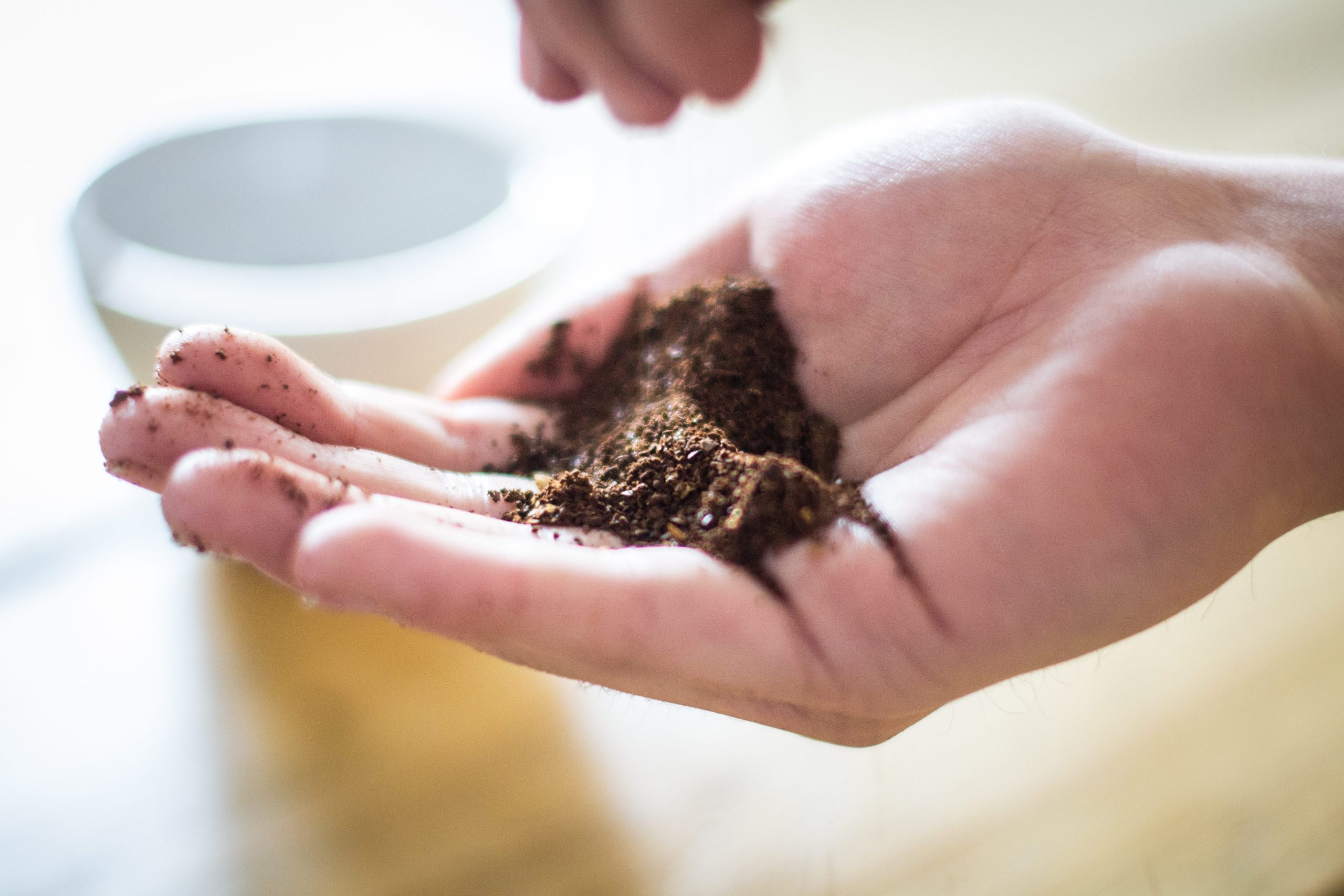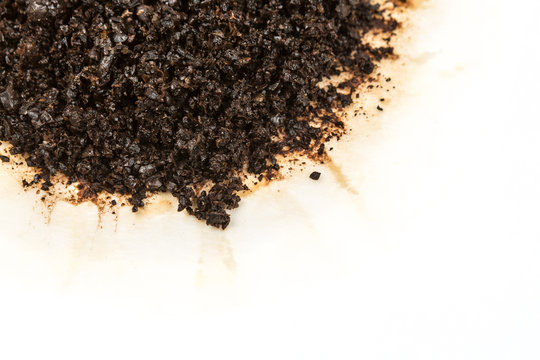Putting Coffee Grounds in the Sink: Yes or No? - Insights You Need
Putting Coffee Grounds in the Sink: Yes or No? - Insights You Need
Blog Article
This post listed below about Can You Put Coffee Grounds in the Sink Garbage Disposal? is absolutely captivating. You should look it over.

If you're an enthusiastic coffee drinker, you may be questioning the most effective means to take care of your coffee premises. While it might seem convenient to clean them down the sink, this technique can cause several problems for both your plumbing and the environment. In this post, we'll discover whether it's secure to place coffee premises down the sink and review alternative disposal approaches to take into consideration.
Alternatives to Disposing of Coffee Grounds
Garbage Disposal
If you don't have a composting arrangement, one more alternative is to simply toss your coffee premises in the trash. Make sure to secure them in a compostable bag or container to prevent odors and leak. While this approach does not provide the exact same ecological advantages as composting, it's a secure and convenient way to take care of coffee premises.
Composting
One environmentally friendly choice for taking care of coffee premises is to compost them. Coffee grounds are rich in nitrogen, making them an exceptional enhancement to compost heap or containers. As they decompose, they add nutrients to the soil, enhancing its fertility and structure.
Dangers of Putting Coffee Grounds Down the Sink
Plumbing Issues
One of the main interest in throwing away coffee premises down the sink is the danger of blocking your pipes. Coffee grounds don't liquify in water and can gather in time, forming a thick sludge that can obstruct drains and bring about costly plumbing fixings.
Environmental Impact
Past the prospective damages to your plumbing, putting coffee premises down the sink can also hurt the environment. When cleaned right into the sewage system, coffee premises can contribute to clogs in sewer lines and therapy facilities. Furthermore, the high focus of organic matter in coffee premises can diminish oxygen levels in rivers, adversely impacting water life.
Tips for Proper Disposal
Routine Maintenance
No matter just how you select to throw away your coffee premises, it's important to keep your plumbing on a regular basis. Schedule regular drainpipe cleansings to remove any kind of accumulation and ensure that your pipelines remain clear and free-flowing.
Use a Sink Strainer
To avoid coffee grounds from entering your sink's drain in the first place, take into consideration making use of a sink filter. These economical gadgets catch solid fragments, consisting of coffee premises, avoiding them from creating obstructions.
Conclusion
While it may be appealing to clean coffee premises down the sink for ease, doing so can have significant consequences for your plumbing and the environment. Rather, think about composting your coffee grounds or dealing with them in the trash. By taking on accountable disposal practices, you can appreciate your coffee guilt-free while lessening your ecological impact.
Coffee Grounds Down The Drain: Are They OK?
Can Coffee Grounds Go Down the Sink?
You may be thinking, “But I pour them down the sink drain every day and I’ve never had a clogged drain!” You see, coffee grounds come from coffee beans, which are virtually rock hard by the time they’re ground and brewed. You certainly wouldn’t want to grind up the pit from a peach, apricot, or nectarine that is about just as hard because they wouldn’t break down like other foods, and it’s the same with coffee beans!
If you usually grind coffee beans in the garbage disposal because it seems the cleanest and convenient, we don’t fault you for that. And anyone who has ever had to clean up the trash with spilled coffee grounds after a dog got into it would understand the rationale. Unfortunately, coffee grounds do not break down in water, so instead of grinding up and washing away as normal foods do in a garbage disposal, they clump together and as time goes by, the grounds can form a clump and pack the drain until it develops a clog.
What to Do With Coffee Grounds
So, what do you do with coffee grounds if you can't put them down the drain? You could of course just throw them in the garbage, but we encourage you to give these practical uses for them a try!
Since coffee grounds contain key minerals for plant growth, you can use them to fertilize your garden. Coffee grounds not only fertilize gardens because they are mineral-rich, but they are also great at absorbing contaminants in the soil, particularly heavy metals. Coffee grounds are said to attract worms, which help gardens flourish. You can use coffee grounds as fertilizer by sprinkling them around your plants. You can compost your coffee grounds and use them at a later time. Coffee grounds are great insect repellents when you place them in bowls or sprinkle them around the areas you want to repel insects. To remove fleas from your dog or cat, simply shampoo your pet then rub coffee grounds throughout their fur. Rinse them off and dry as usual. Like baking soda, used coffee grounds can eliminate odors. You can place them in a bowl in the fridge and let them do the work! Mix coffee grounds with coconut oil for a wonderful face or body scrub, or to reduce the appearance of cellulite. https://www.wintershomeservices.com/blog/2019/august/coffee-grounds-down-the-drain-are-they-ok-/

Do you appreciate reading up on Can Coffee Grounds Go Down the Drain or Sink?? Create a remark down the page. We will be interested to find out your reactions about this content. In hopes that you come back again soon. Enjoyed our write-up? Please share it. Help another person find it. I am grateful for your time. Visit again soon.
Schedule Your Job Now Report this page